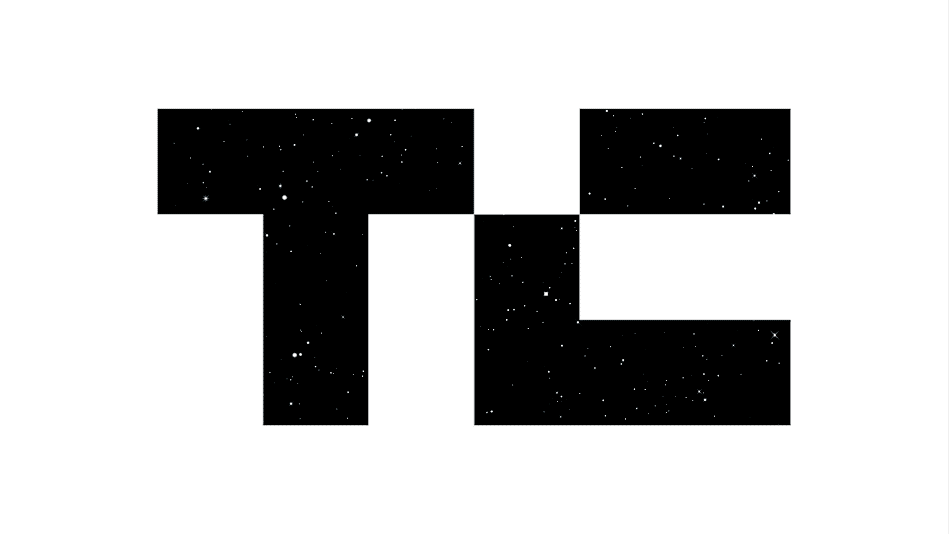Libyan Opposition Blames Lockerbie On Gaddafi
“Any partial or unfair solution to the Lockerbie file will only contribute to spreading the oppressive dictatorship of Gaddafi and the increase of the sufferings of the innocent Libyan people,” stated the letter addressed by 99 opposition members, including former premiere Mostafa Halim.
Signatories of the letter deemed it ironical that the international community calls upon the governments and different regimes to adopt more democratic methods and insure the rights and freedoms of their citizens, while the Gaddafi corrupt regime gains international respect, according to the letter.
Libya sent Friday, August 15, a message to the New York-based United Nations to admit responsibility for the Lockerbie bombing.
In its message, Tripoli underlined that “it made arrangements to pay a suitable compensation for the families of the victims, without mentioning a specific sum of money.”
The Libyan message came within the agreement between Libya, Britain and the U.S., wherein Tripoli pledged to pay a sum of 2.7 Billion dollars to the victims’ families in return for lifting the sanctions, imposed in early 1990s.
Britain said on Saturday it would "shortly" put forward a draft Security Council resolution proposing the lifting of UN sanctions against Libya now that Tripoli had accepted responsibility, agreed to pay compensation, renounced "terrorism" and pledged cooperation in any further Lockerbie investigations.
Distinctive Ties
Meanwhile, Libya said Saturday, August 16, it was optimistic about its future relations with the United States after it formally accepted responsibility for the 1988 bombing of a Pan Am jet over Lockerbie.
"We are confident that we will have privileged relations with the United States as we were able to have with Britain," Hassuna al-Shawush, Libyan deputy foreign minister told Agence France Presse (AFP).
Shawush, commenting on the White House’s stand, said "we have scheduled meetings with American officials and we are going to try and deal with all the outstanding problems."
The White House said Friday, August 15, it would not oppose lifting UN sanctions, but stressed separate U.S. sanctions would remain in place until Tripoli improved its human rights record and stopped pursuing weapons of mass destruction.
Shawush assured that Libya had categorically denied seeking the possession of Mass Destruction Weapons, underlining his country’s commitments to the international treaties that ban such weapons.
Regarding human rights, the Libyan official called upon the whole world and the American people to investigate human rights stance in Libya after lifting the international sanctions.


